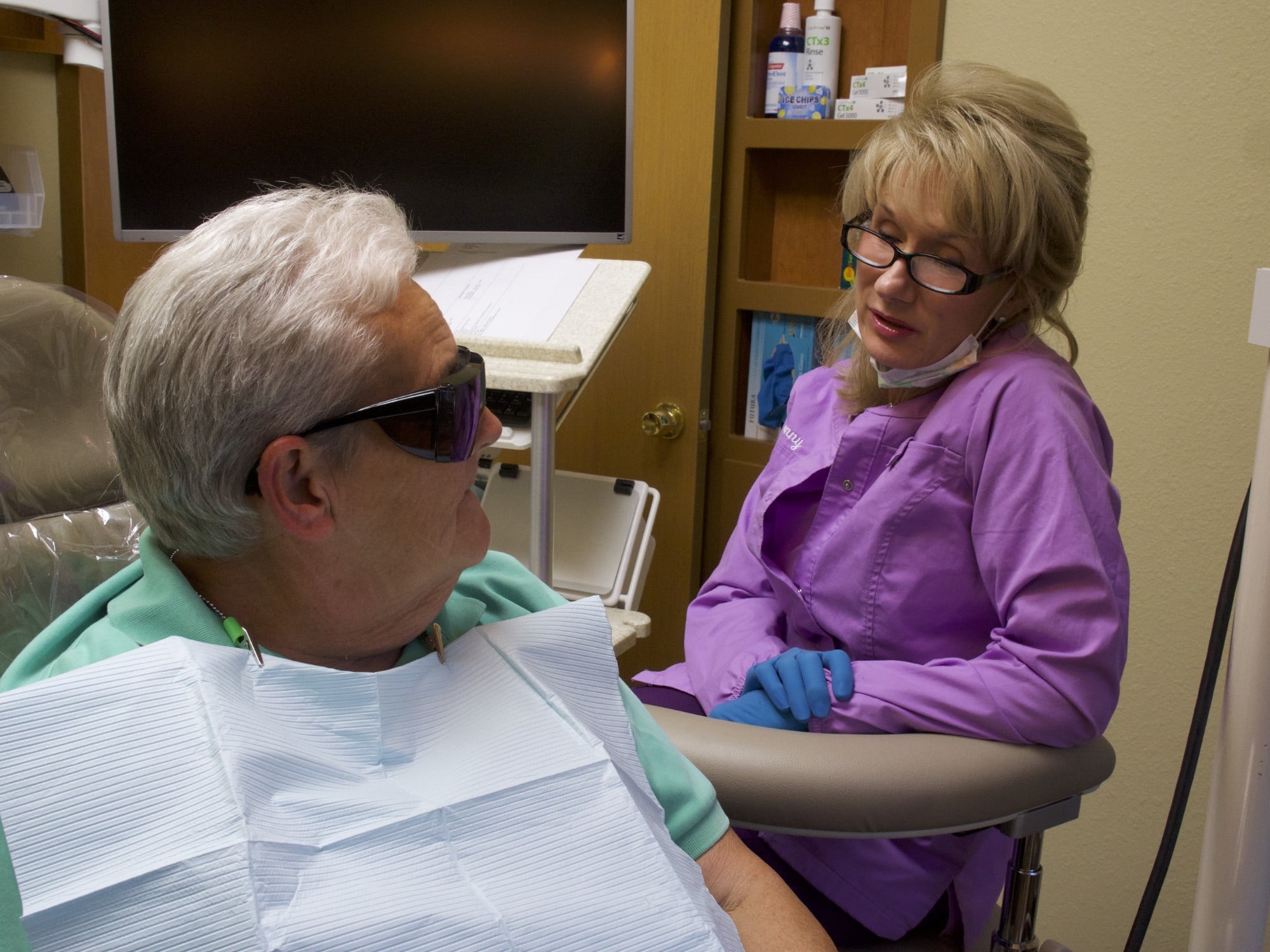When it comes to maintaining a healthy mouth, decades of research have shown that
what we choose to eat and drink can strengthen our immunity and improve our ability to fight bacteria and inflammation. This helps protect our teeth and gums, and good nutrition can even have a positive impact on the way our bodies handle the bacteria that causes cavities. However, the reverse is true as well. A poor diet can affect our overall health and our oral health, increasing the risk for tooth decay and other dental problems.
Here at Cashmere Family Dentistry, we’re invested in helping you achieve a healthy mouth that looks and feels great. While we have numerous treatments available to work towards this goal, you can play your part by choosing to maintain a nutritious diet. Below, we’ll discuss how healthy foods can protect your teeth, as well as the ways a poor diet can negatively impact your oral health. Keep reading below to learn more about the role nutrition plays in keeping your teeth and gums healthy!
Nutrition is one of the original building blocks for dental health
It turns out that nutrition plays an essential role in our oral health before we’re ever even born. When an expectant mother consumes nutrients such as calcium, vitamin D, phosphorus, and protein, it helps her baby’s teeth begin to form and mineralize properly. This is a relationship that actually continues throughout our lives. In our teen years, teeth continue to develop and mineralize, and our oral tissues are constantly recycling! By consuming a diet rich in vitamins and minerals, we can help this process continue smoothly and successfully.
As we’ve learned more about how good nutrition has an important role in disease prevention, more and more dentists have begun to counsel patients on how a healthy diet can be a preventative measure. A nutritious diet is beneficial to your total body health, and it can also decrease your risk of developing tooth decay and enamel erosion. Conversely, nutritional deficiencies may reduce your resistance to dental disease and inhibit your body’s ability to fight certain types of infection.
This can become a problem because human mouths are naturally hospitable to many different types of bacteria, a number of which are decidedly not helpful. These harmful microorganisms tend to thrive on the sugar in your diet, which is a big reason we encourage patients to avoid consuming too much of it. As the bad bacteria in your mouth process the sugar you’ve ingested, they begin producing acids that can eat into the enamel of your teeth. As this enamel starts to wear away in spots, it can leave your teeth feeling sensitive. A loss of enamel may also result in cracked or discolored teeth, and can set the stage for small holes – cavities – forming in the teeth.
If tooth decay is left untreated over a long enough period of time, it can become painful, and may eventually lead to the teeth loosening or even falling out.
 Adopt a healthier diet for a healthier smile
Adopt a healthier diet for a healthier smile
Occasionally, you may hear concerns about the sugars found in some whole grains, fruits, and vegetables. The evidence shows, however, that these naturally occurring sugars are not harmful to the teeth, even when they come in starch-rich staples like bread, rice, and potatoes. This is great news for your smile, since these can all be excellent sources of healthy vitamins and minerals! Some specific examples of healthy choices that can contribute to a stronger smile and improved dental health include:
Calcium-fortified juices, milk, and other dairy products, which are rich in calcium and vitamin D, and help promote healthy teeth and bones. They can also reduce the risk of developing tooth decay.
Cheese mixes with plaque and sticks to the teeth, helping to protect them from the acid that causes decay. The calcium can aid in rebuilding tooth enamel, too.
Crisp fruits and raw vegetables like apples, carrots, and celery have a fibrous pulp that can help clean the teeth and freshen breath when you chew them. Leafy greens are also excellent for your oral health since they contain high amounts of magnesium, vitamin A, vitamin C, beta carotene, calcium and magnesium. These minerals protect the gums and other tissues from cell damage and bacterial infection.
Whole grains contain complex carbohydrates that give bad bacteria less digestible food to grow on, while chicken, red meat, and fatty fish contain phosphorus, a vital component of strong teeth and tooth enamel.
 Don’t underestimate the importance of H2O
Don’t underestimate the importance of H2O
As Americans, we love our soda, juice, and sports drinks. Unfortunately, all of these drinks are bad about leaving behind sugars that can feed bacteria. As bacteria devours that sugar, it produces acid that can eat away at the enamel of your teeth. Sodas and juices can also have phosphoric, citric, or malic acids added to them. If you’ve already had trouble with enamel erosion, these acids can exacerbate it, further weakening the teeth.
By comparison, water is wonderful for you! It helps to wash away the leftover food and debris that bad bacteria love, and can dilute the acids they produce. Drinking water regularly can also help relieve dry mouth and bad breath, too. Although increasing your water intake throughout the day shouldn’t be used as a substitute for your normal cleaning routine, it’s an excellent step in keeping your mouth clean and healthy, and reduces the risk of cavities at the same time.
Cashmere Family Dentistry is here to help you achieve a healthy smile
When you’re working on improving your oral health, when and how you eat is almost as important as what you eat. We recommend sticking with serving sizes as much as possible, and suggest you keep snacks to a minimum. That’s because foods that are eaten as part of a meal cause less harm to the teeth than eating many snacks throughout the day, since more saliva tends to be released during an actual meal. That extra saliva washes food debris from your mouth, and also helps neutralize any harmful acids being produced.
Cashmere Family Dentistry provides high-quality treatment and support to improve your dental health, but what you choose to eat and drink can make a big difference, too. If you’re in Wenatchee or any of the surrounding communities and would like to learn more about how good nutrition can improve your smile, get in touch with our office today! We’re here to help you achieve the kind of healthy smile that lasts a lifetime.


 Adopt a healthier diet for a healthier smile
Adopt a healthier diet for a healthier smile Don’t underestimate the importance of H2O
Don’t underestimate the importance of H2O

